>> Developing multi-value agriculture in Yen Bai : Opportunities and challenges - Part 2: Creating a breakthrough towards sustainable development
>> Developing multi-value agriculture in Yen Bai: Opportunities and challenges - Part 1: Increasing product value for farmers
>> Organic production helps Yen Bai open export markets
>> Yen Bai agriculture faces the challenge of climate change
>> Yen Bai creates a solid foundation for agricultural and rural development
>> Yen Bai promotes sustainable agricultural development
From the concept...
The phrase "multi-value integrated agriculture" is becoming more and more popular since building an effective, sustainable, multi-value integrated agriculture has become an important development perspective mentioned in Resolution No. 19-NQ/TW, dated June 16, 2022 on agriculture, farmers, and rural areas to 2030, with a vision to 2045 of the 13th Party Central Committee.
It is an agriculture in which the thinking and production actions change from taking output as the goal to taking added value as the goal. Added values include: optimally increasing income per unit of cultivated area; increasing brand and reputation for products; protecting the living environment, protecting the health of producers and consumers; creating more jobs for rural workers, preserving natural resources, indigenous culture, etc.
Thus, growth will be based mainly on the efficiency of the agricultural sector, on the basis of effectively exploiting scientific and technological resources, innovation, and digital transformation, instead of the current situation of agricultural growth based on labor-intensive, natural resource-intensive use that already exists.
...to the actual model
At first glance, it may seem that multi-value integrated agriculture is very complicated and extremely difficult to implement. However, for many years now, with rich and creative indigenous farming knowledge, Yen Bai farmers have begun to implement many multi-value integrated agricultural models. Raising carp on terraced fields, combined with tourism of the Mong people in Mu Cang Chai is one of them. Every year, after each planting season, farmers here release another batch of native carp into the rice fields.
Mr. Thao A Cho in Ta Chi Lu village, La Pan Tan commune said: "My family has about 1,000m2 of rice fields and raises carp to increase income. Carp raised will help stir the mud, eat harmful insects and worms, and excrete manure to improve the rice. Meanwhile, organic fertilizers for rice are also a source of food for fish, helping rice and fish grow in a symbiotic way. For carp to grow and develop, it is necessary to limit the use of chemicals or other harmful substances during the cultivation process. Thanks to that, the rice grows cleanly, and the fish can also be sold for 120,000 VND - 130,000 VND/kg, bringing in an average annual income of over 20 million VND".
Up to now, Mu Cang Chai district has 500 hectares of rice field fish farming with a total output of over 20 tons per year, with a revenue of over 2.4 billion VND. Along with fish - rice symbiosis, people in this mountainous district also combine terraced field farming with tourism, developing into a unique tourism product of the pouring water season and golden season, attracting hundreds of thousands of tourists to come here every year. In 2024 alone, Mu Cang Chai will welcome up to 370,000 visitors, with tourism revenue reaching 388.3 billion VND.
Tourism has created a significant additional income for the people, from renting traditional costumes, selling traditional products, local specialties, motorbike taxis, tour guides... Thus, at the same time, people in Mu Cang Chai can harvest rice, harvest carp, and earn income from tourism.
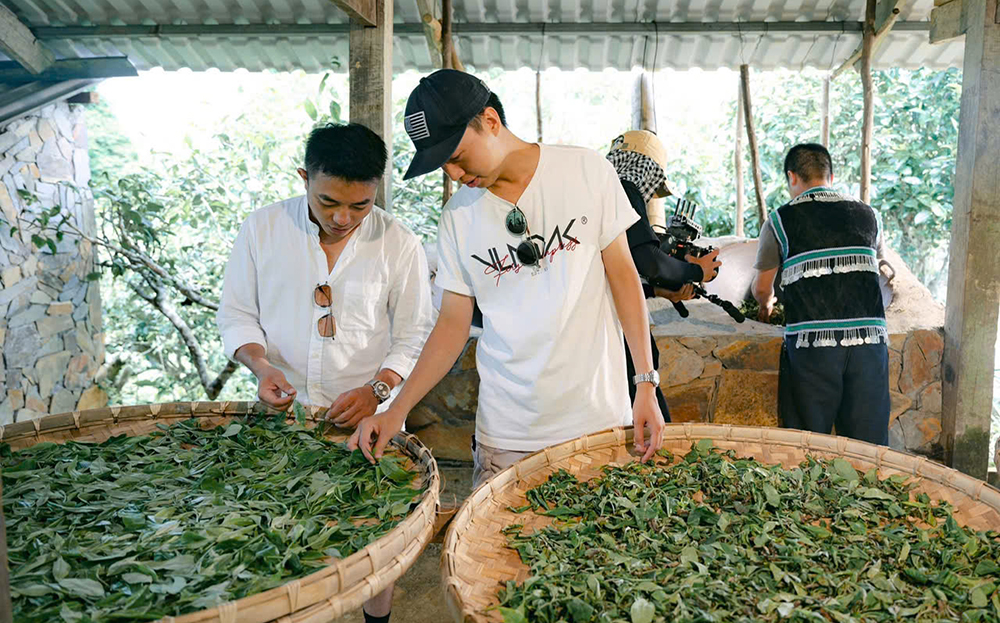
Agricultural tourism has become a popular product in Suoi Giang commune, Van Chan district. (In the photo: Tourists experience the process of processing Suoi Giang Shan Tuyet tea using traditional methods).
Similarly, sturgeon farming combined with tourism in Na Hau commune, Van Yen district is also a typical example of a multi-value integrated agricultural model. In particular, Na Hau Agricultural and Tourism Cooperative is the first unit to put this model into operation, bringing in an average income of 1.5 billion VND per year.
Mr. Nguyen Manh Ha - Director of the Cooperative shared: "Sturgeon requires a clean living environment, clean water sources, therefore, maintaining water quality and living environment has indirectly contributed to protecting the natural ecosystem. When combined with tourism, visitors can participate in the experience of raising sturgeon, learn about sustainable production processes, and explore natural landscapes and local cuisine. This is an attractive highlight, attracting tourists and enhancing the value of the agricultural model. Through tourism activities, people and visitors are also raised awareness of nature conservation and sustainable economic development".
From the pioneering approach of the cooperative, Na Hau has local specialty products with enough potential to develop into a profession, with registered certification trademarks, 3-star OCOP product certification, and VietGAP certification. More importantly, local farmers have learned and followed suit, boldly investing in 11 commercial sturgeon farming models, 10 homestays ready to welcome over 200 visitors per day, creating jobs and increasing income for local people. When creating new values, every resident in Na Hau realizes that nature is a valuable asset, a source of life for themselves, so they actively participate in environmental protection activities, nature protection such as planting trees, cleaning up, not littering...
That is what multi-value integrated agriculture is! Obviously, with this production method, farmers’ income can increase by 20-80% compared to the single-value model. It has even created more and higher value from optimizing resource use, reducing production waste, limiting negative impacts on the environment…
"Multi-value" comes into life
In recent years, with the encouragement and support from all levels of government and the agricultural sector, effective, sustainable development and multi-value integration are not just ideas on paper but have been put into practice. Every year, the province has balanced and allocated about 90 billion VND to implement the project to restructure the province's agricultural sector in conjunction with innovating the growth model based on the potential and strengths of each region and locality.
Accordingly, in the field of forestry production, Yen Bai has implemented assessments and granted certificates of sustainable forest management and organic production certification for nearly 30,000 hectares of forest. Policies to support sustainable planting of raw material forests with advanced varieties continue to be effectively implemented, promoting the increase in scale and area of key forestry crops in the province with forested areas reaching over 463,000 hectares. Thereby, maintaining a forest cover rate of 63%, forest quality is increasingly improved, and enhancing carbon absorption capacity.
In the field of cultivation, scientific and technical advances in varieties and cultivation processes are widely applied in production to increase productivity, quality, and minimize environmental impacts. Specifically: organic composting techniques using microorganisms, improved rice cultivation techniques SRI, integrated plant health management solutions, management, and issuance of planting area codes...
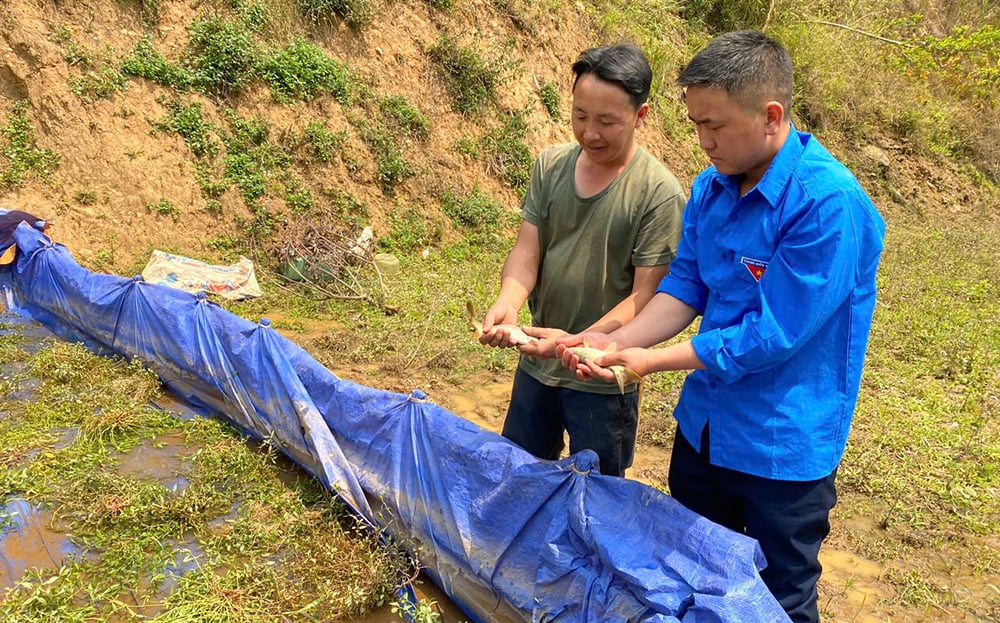
Mu Cang Chai people have expanded 500 hectares of rice cultivation using the fish-rice symbiosis model, increasing the value of local agriculture.
Livestock farming is oriented towards two main areas to effectively and reasonably use natural resources, including: concentrated livestock farming, increasing advanced breeds, closed livestock farming processes, on-site waste treatment and collection for lowland communes and districts, and raising special and indigenous animals in an organic, biosafety direction, and raising large livestock for semi-grazing in highland communes and districts.
Some localities with agricultural potential and strengths also exploit the added values from agriculture, combining culture, tourism... to create highlights to attract tourists. Typical examples include: the model of cultivating ancient Shan Tuyet tea combined with tourism development in Suoi Giang commune, Van Chan district; growing lotus and mulberry combined with tourism in Tran Yen district; raising fish in cages combined with experiential tourism and exploration on Thac Ba lake... All have contributed to making the growth rate of the province's agricultural sector always among the highest among the provinces in the Northern midland and mountainous region. On average, in the 3 years of 2021 - 2023, Yen Bai has an agricultural growth rate of 5.53%, ranking 2nd out of 14 provinces in the region. In 2024 alone, due to the heavy impact of storm No. 3, it reached 3.56%, ranking 5th out of 14 provinces in the Northern midlands and mountainous region, and 24th out of 63 provinces and cities nationwide.
Yen Bai's agricultural sector is on the right track, effectively responding to challenges and difficulties related to climate change, market fluctuations and changes in consumption trends. This is the beginning of a great revolution, requiring continued roadmaps, planning, repositioning of core values and boldly changing thinking and awareness to follow a common sustainable development trend, so that the agricultural sector can truly be the "pillar" of the economy.
Hoai Anh
Source: https://baoyenbai.com.vn/12/350003/Cuoc-cach-mang-Nong-nghiep-tich-hop-da-gia-tri-o-Yen-Bai.aspx


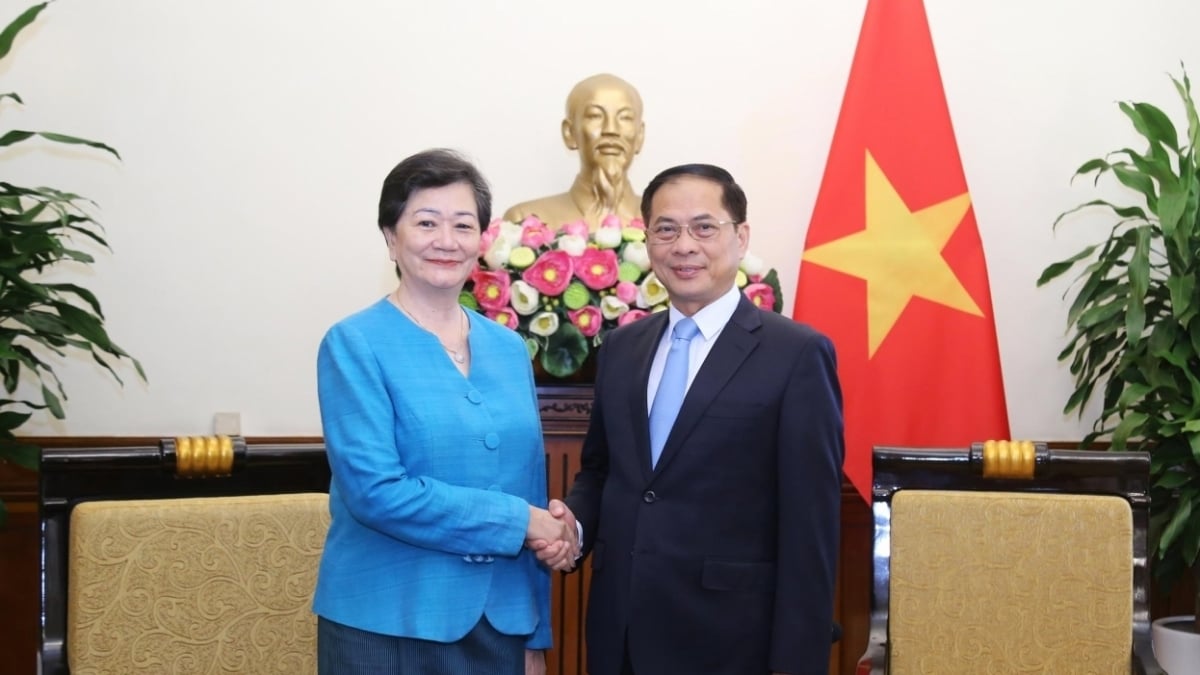
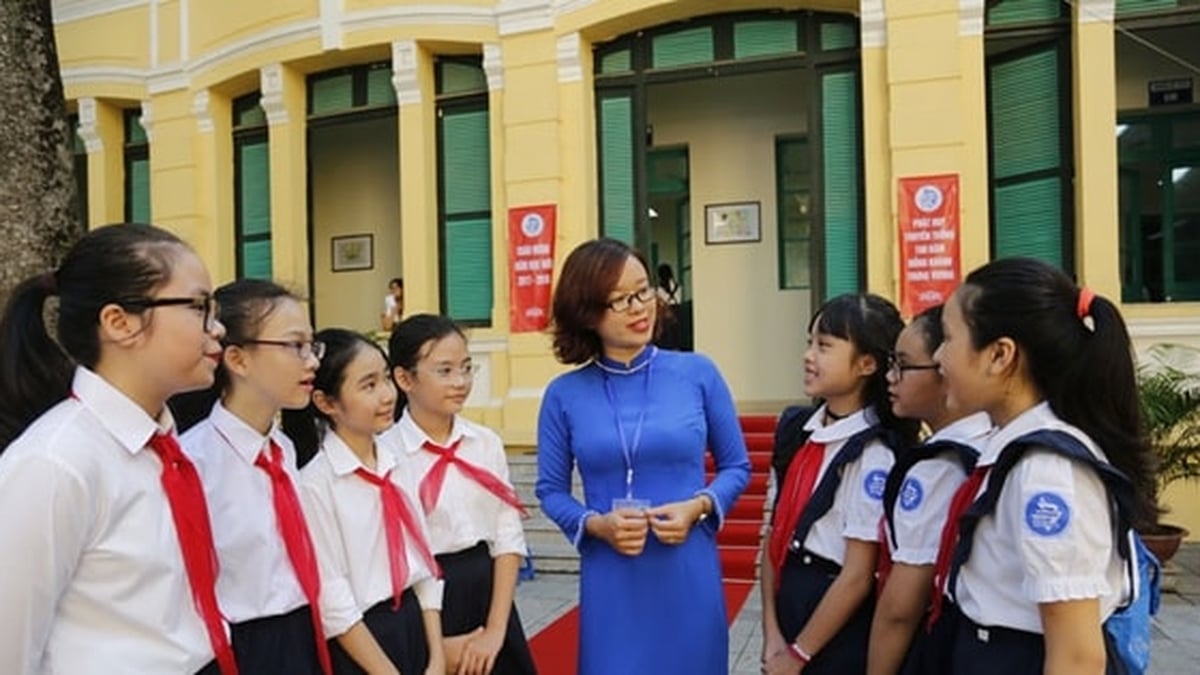
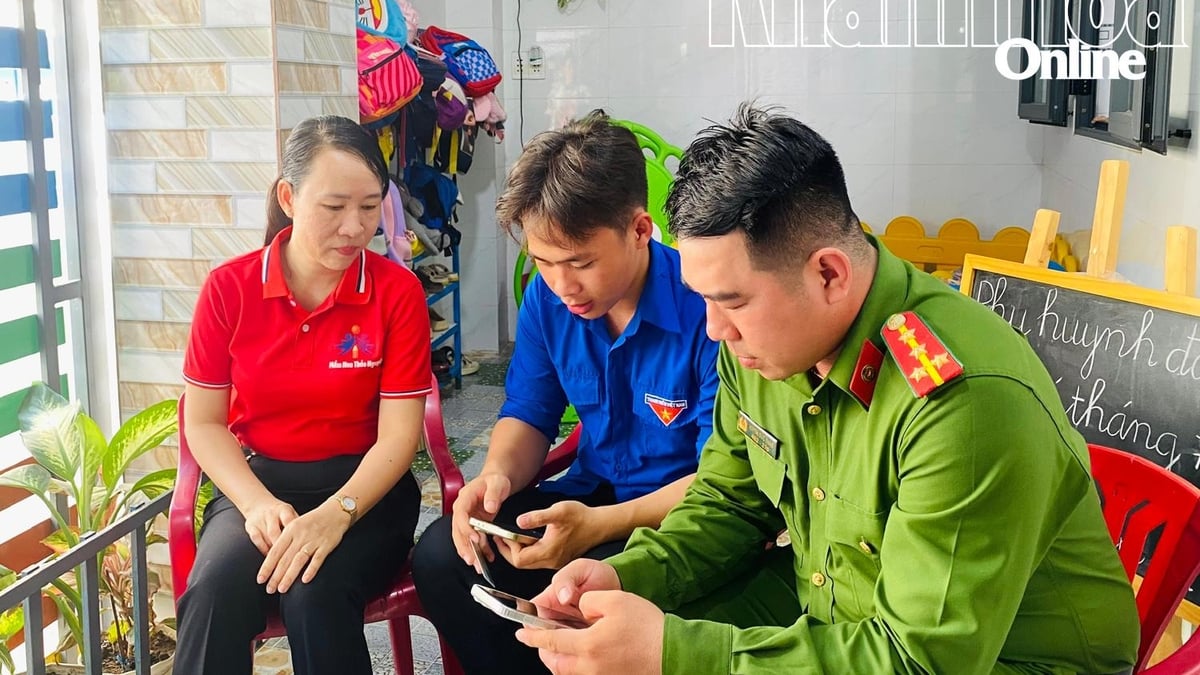
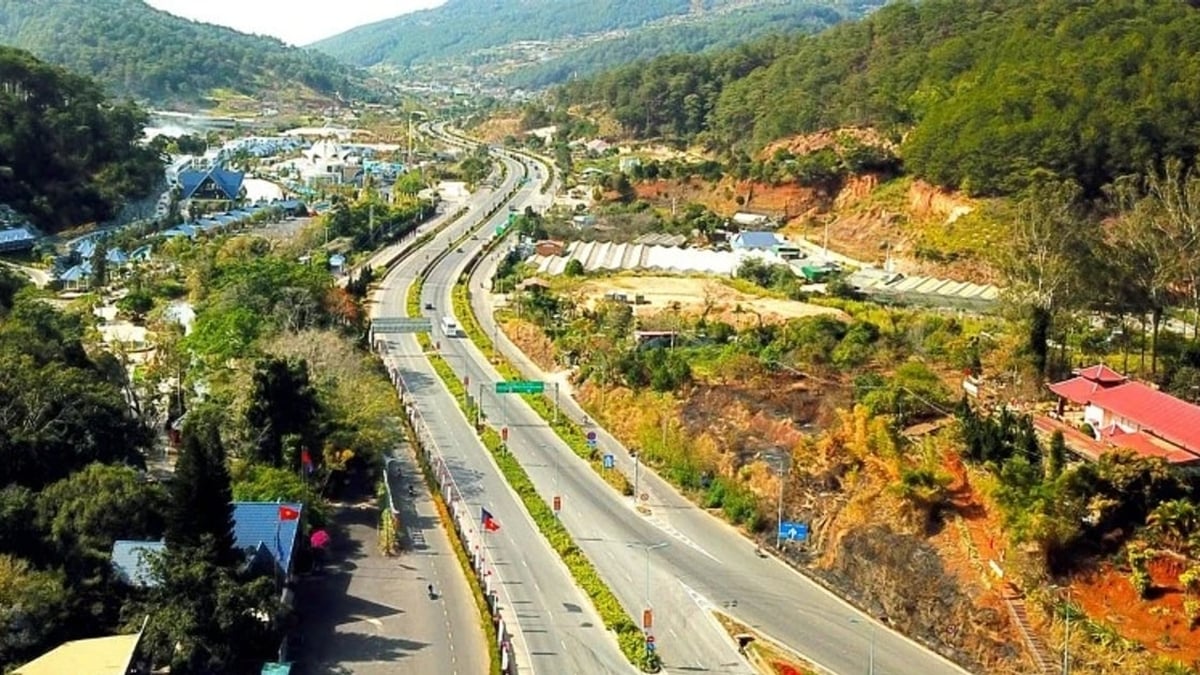
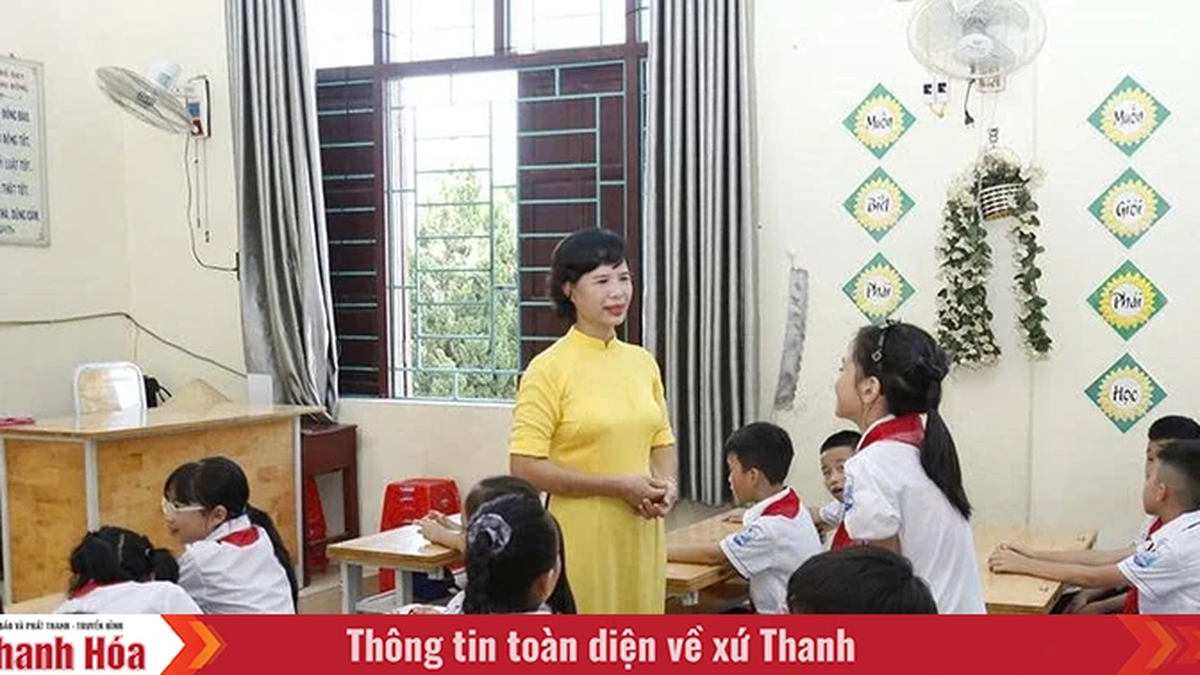
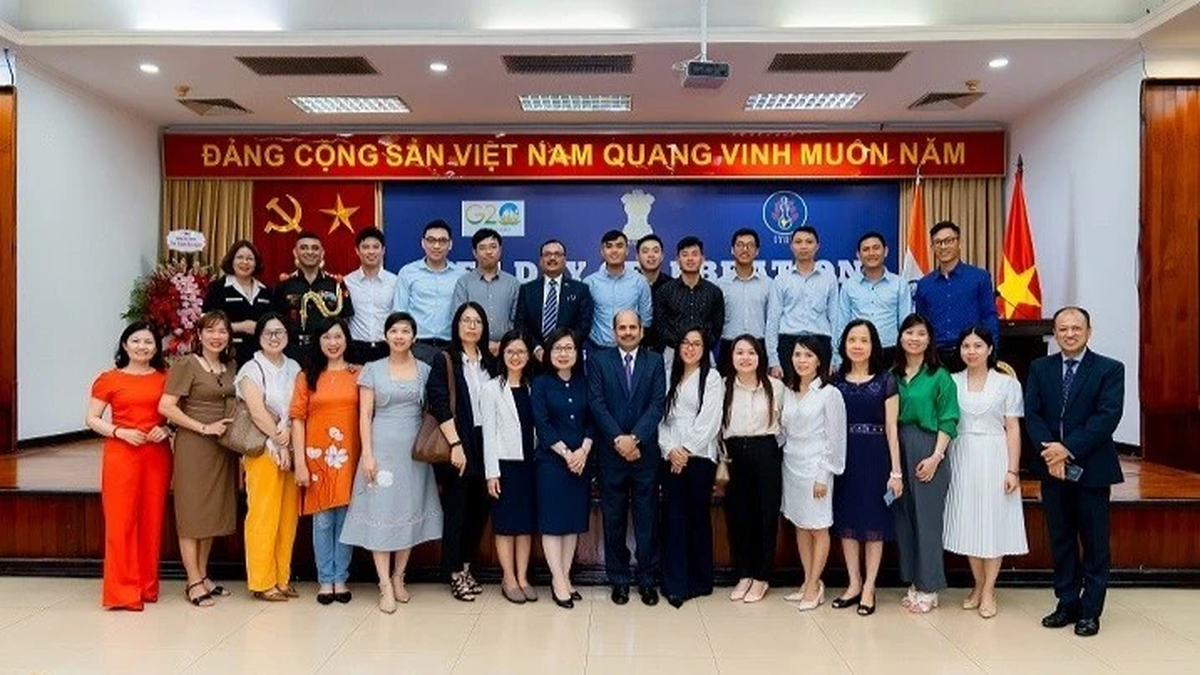
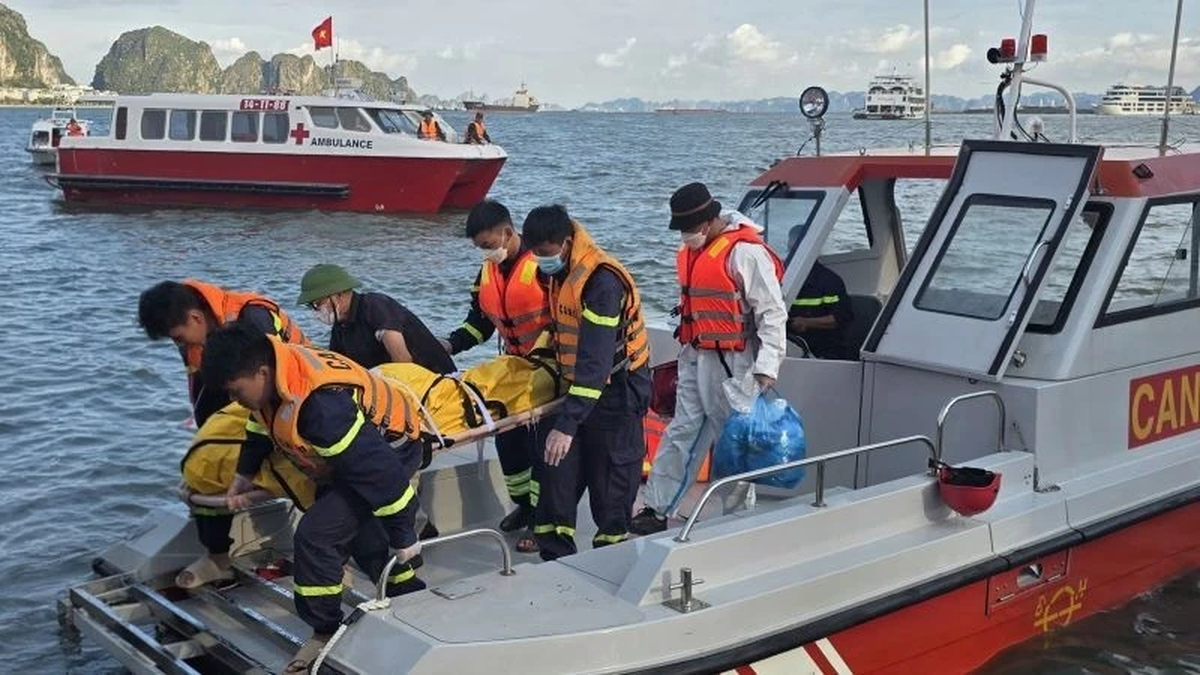
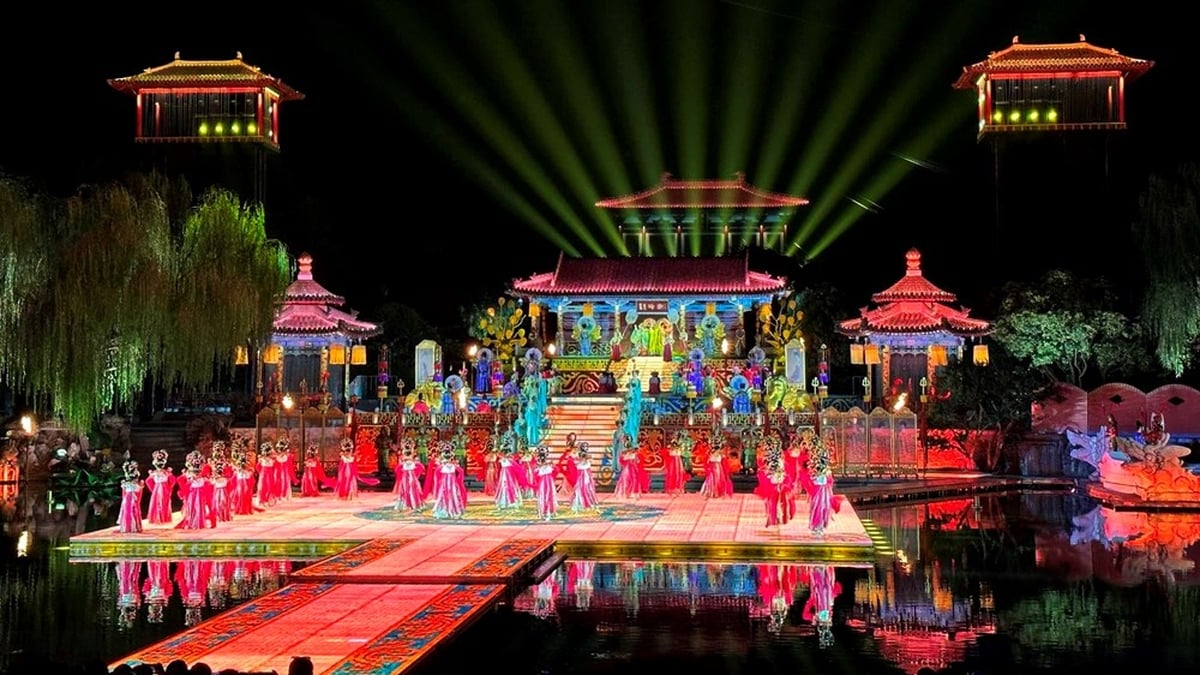
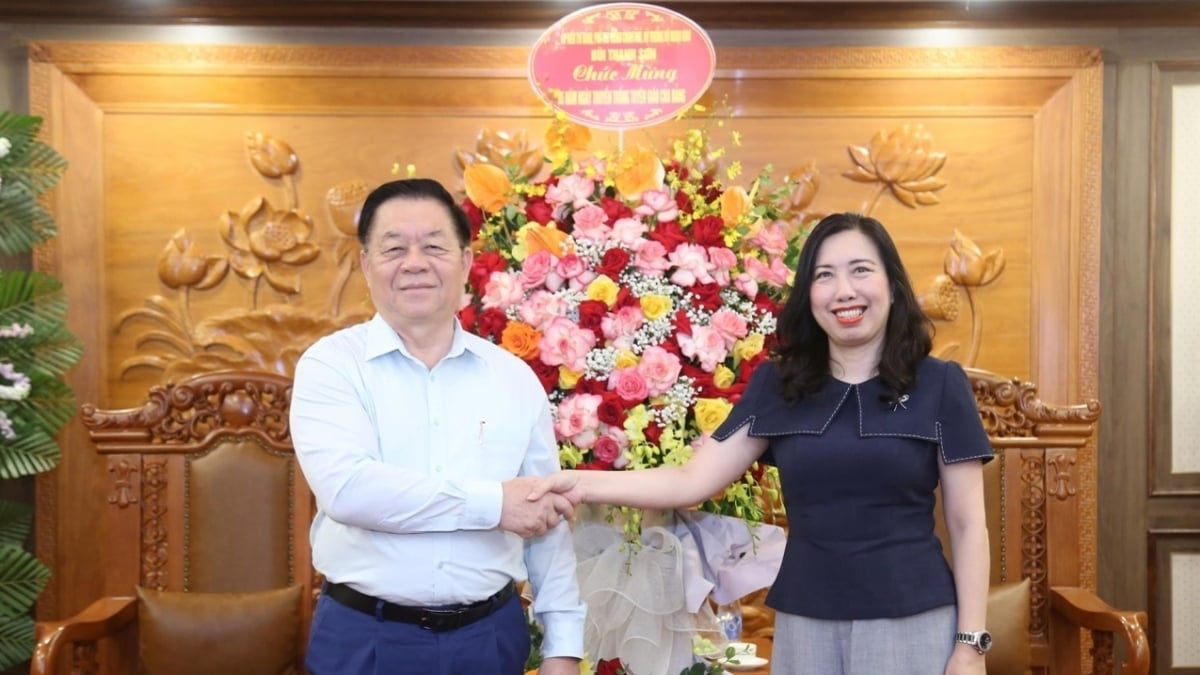
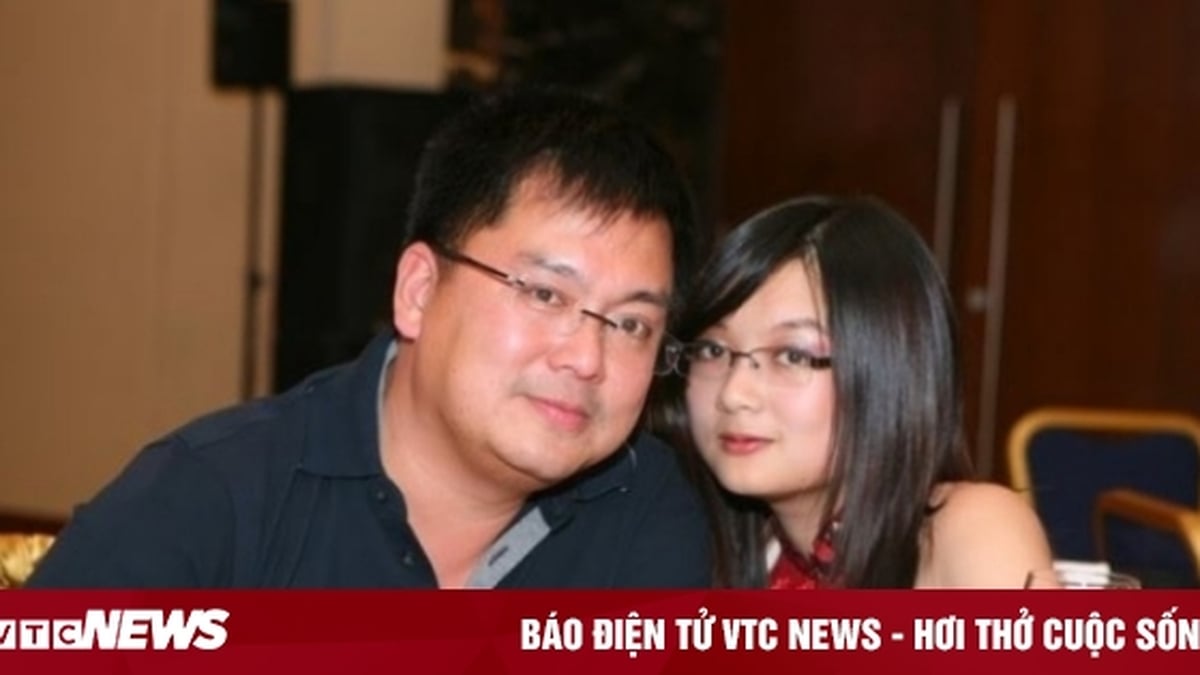



































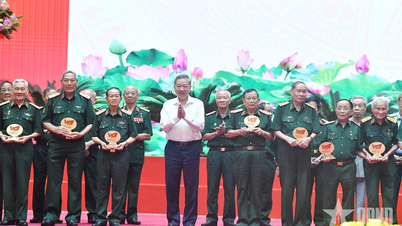



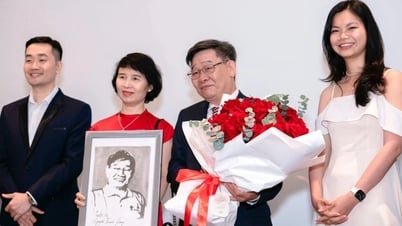
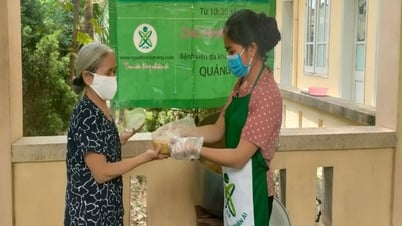


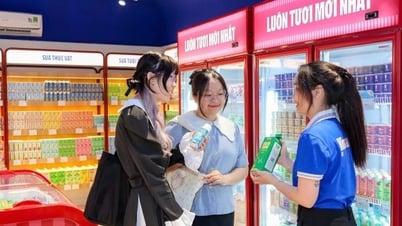
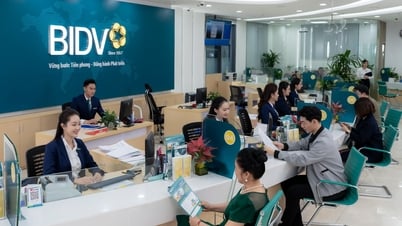

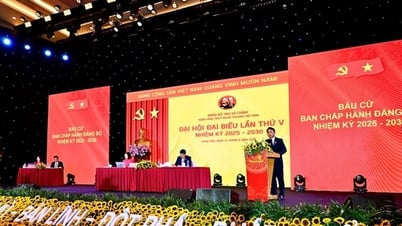
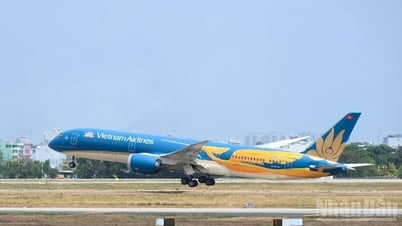
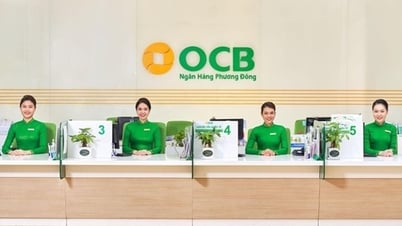

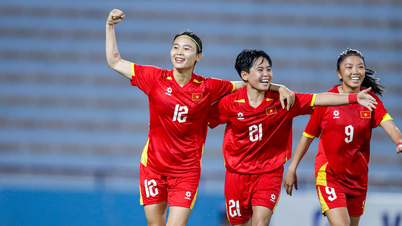





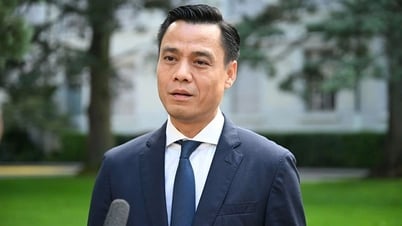
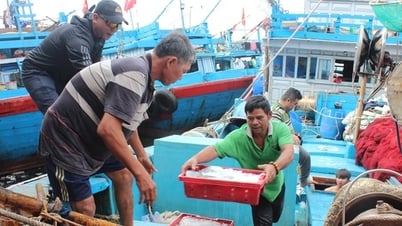

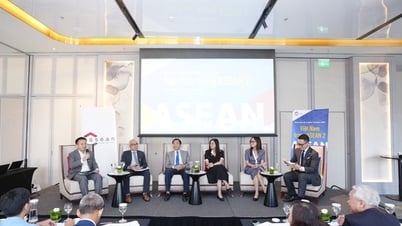

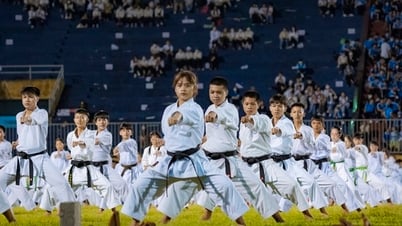
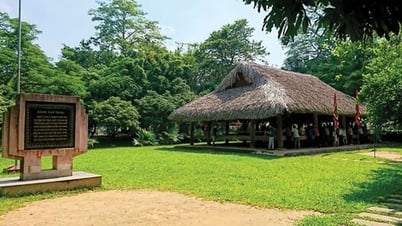
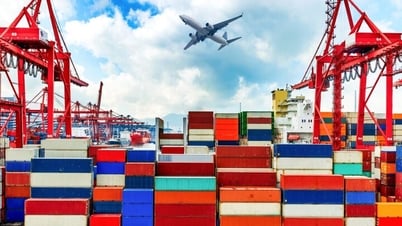

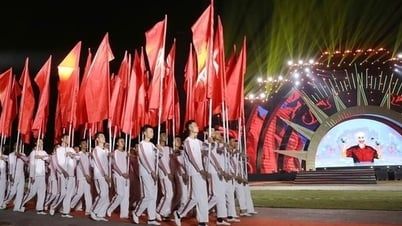
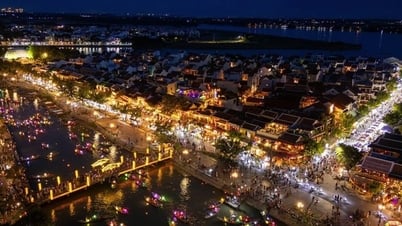







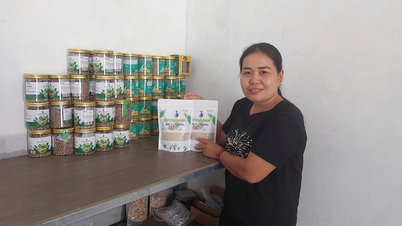










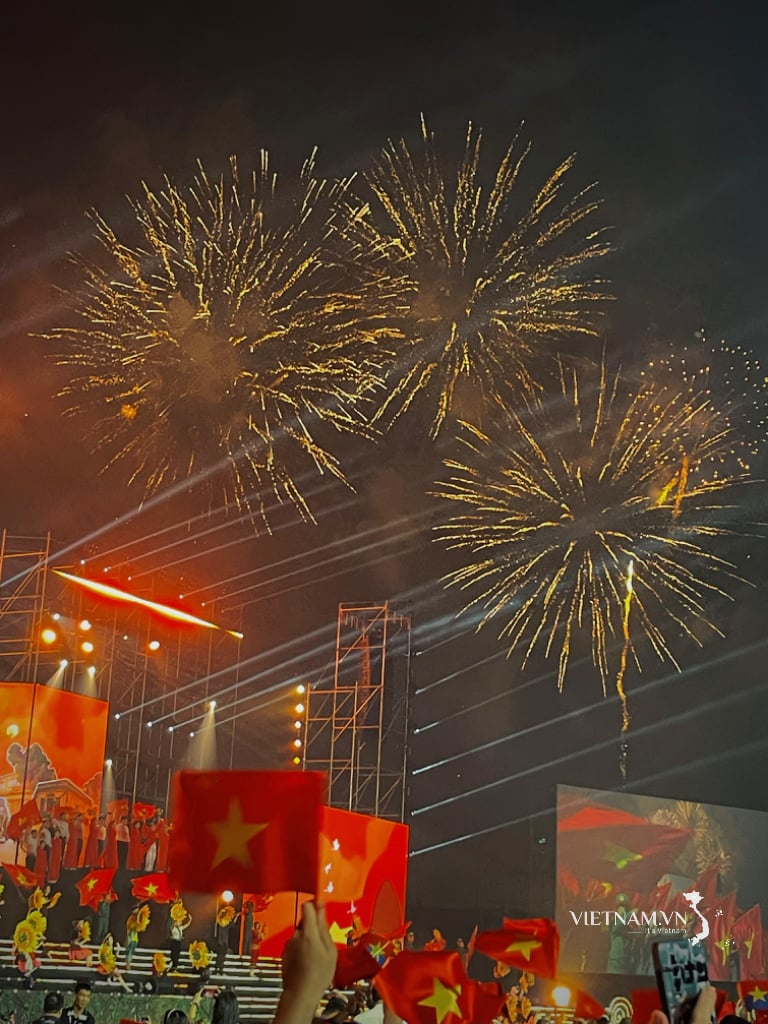
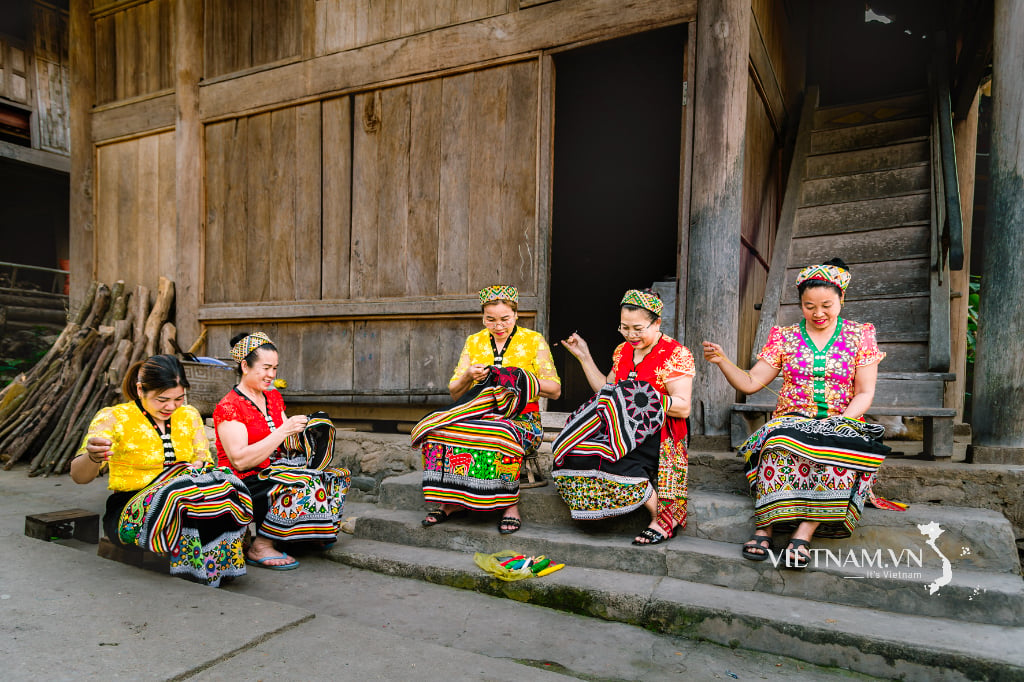
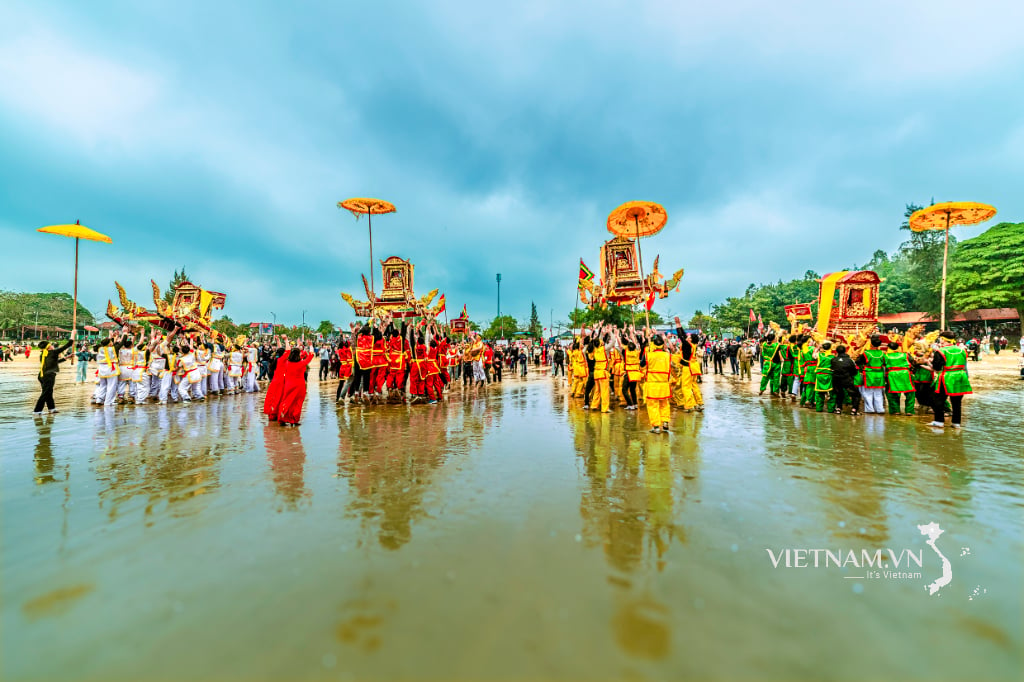
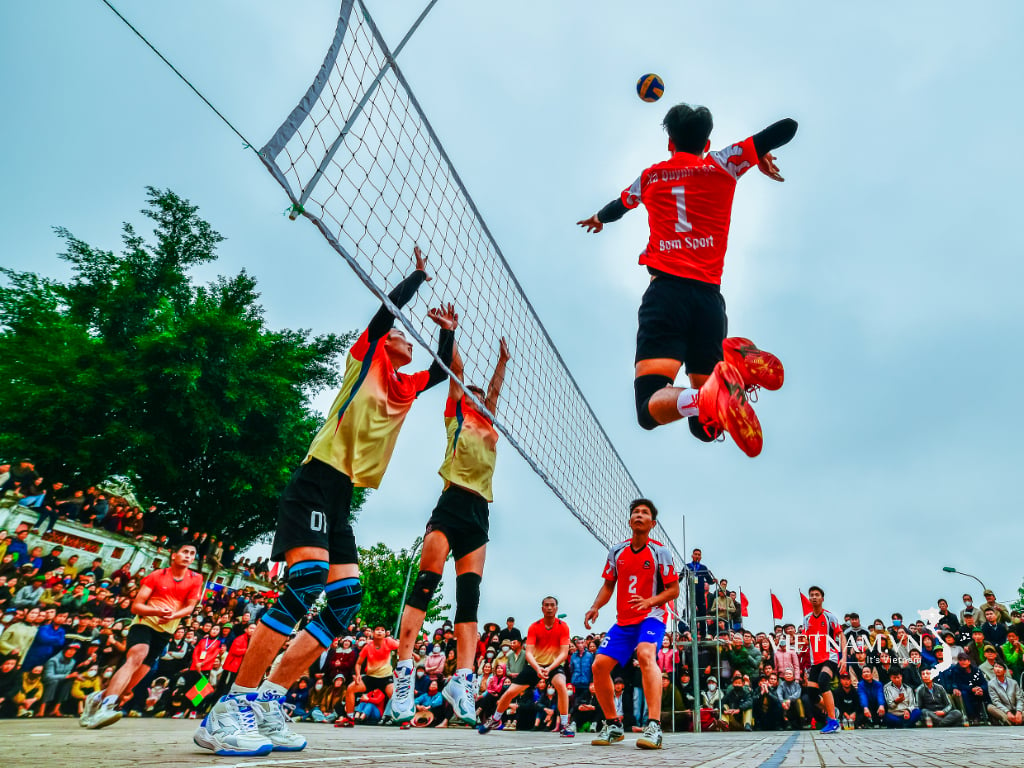
Comment (0)